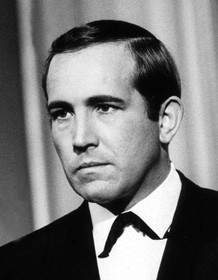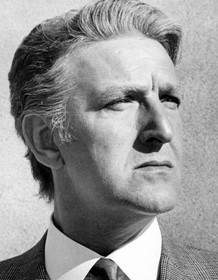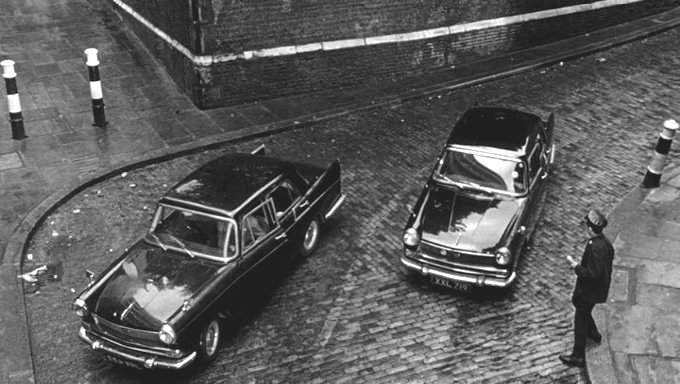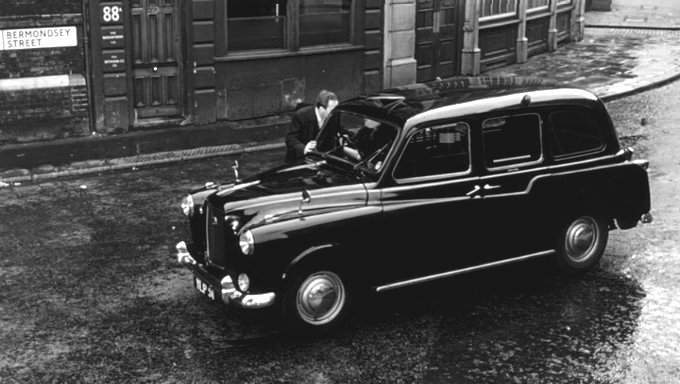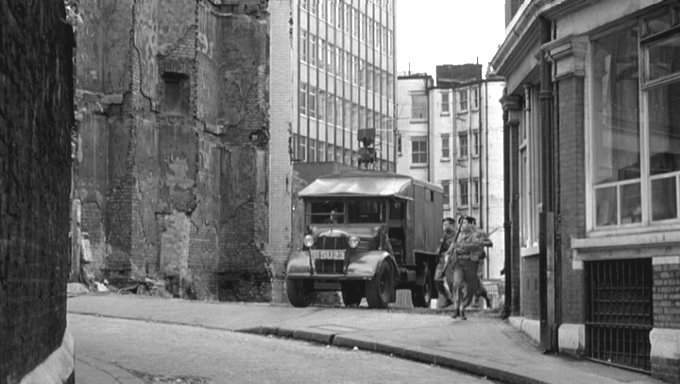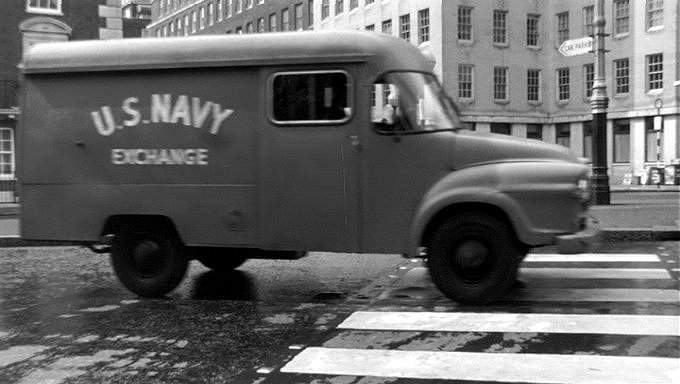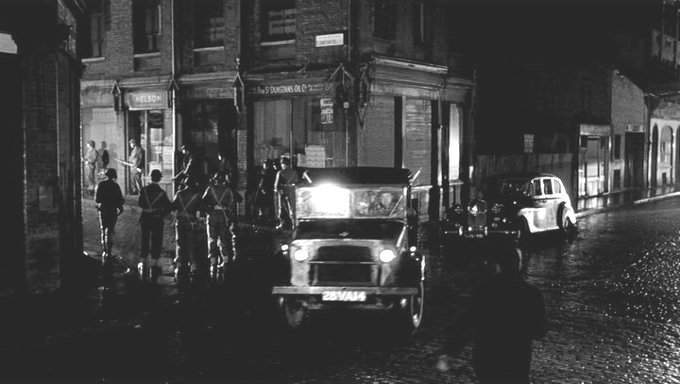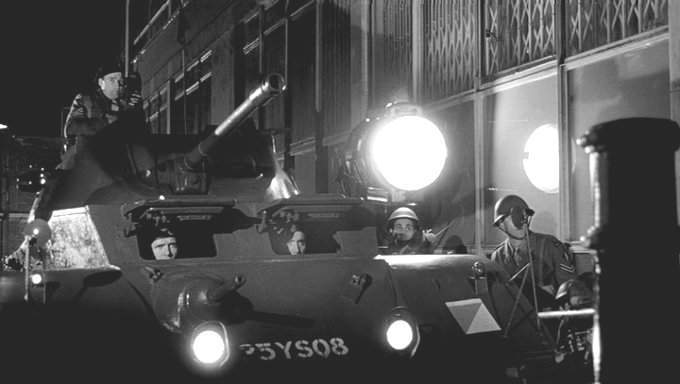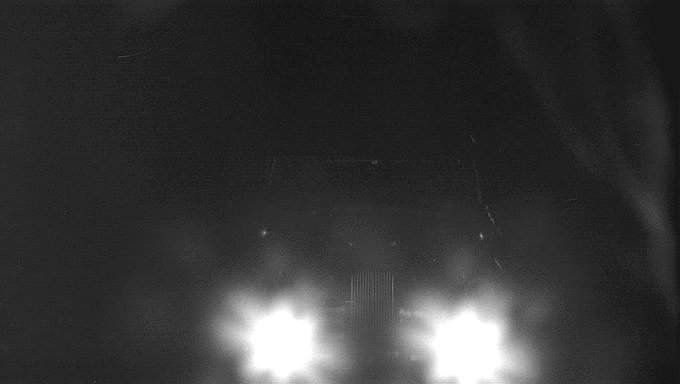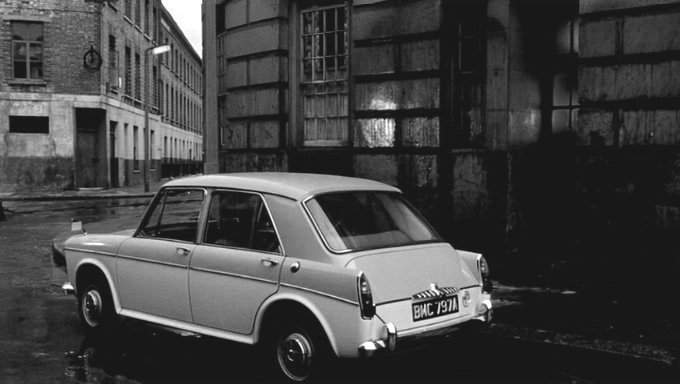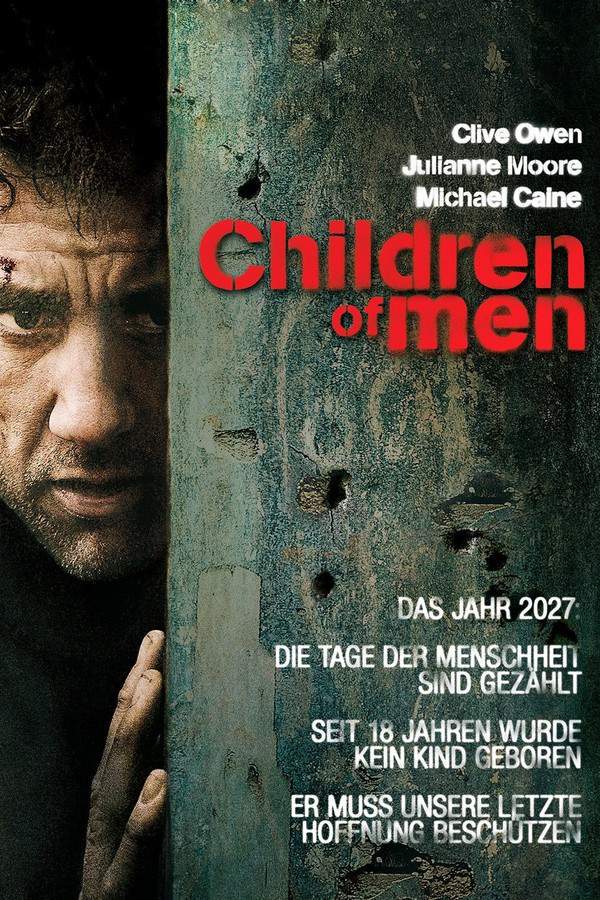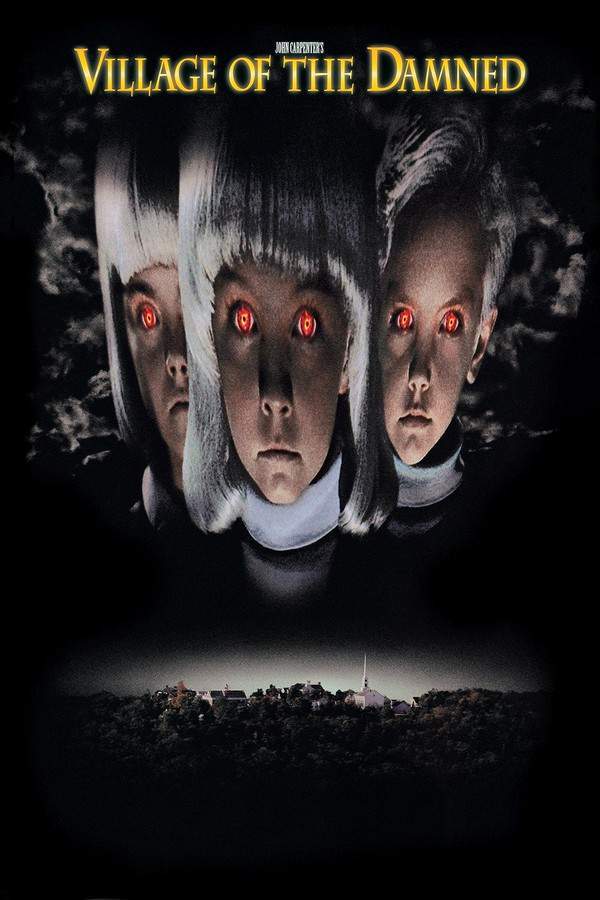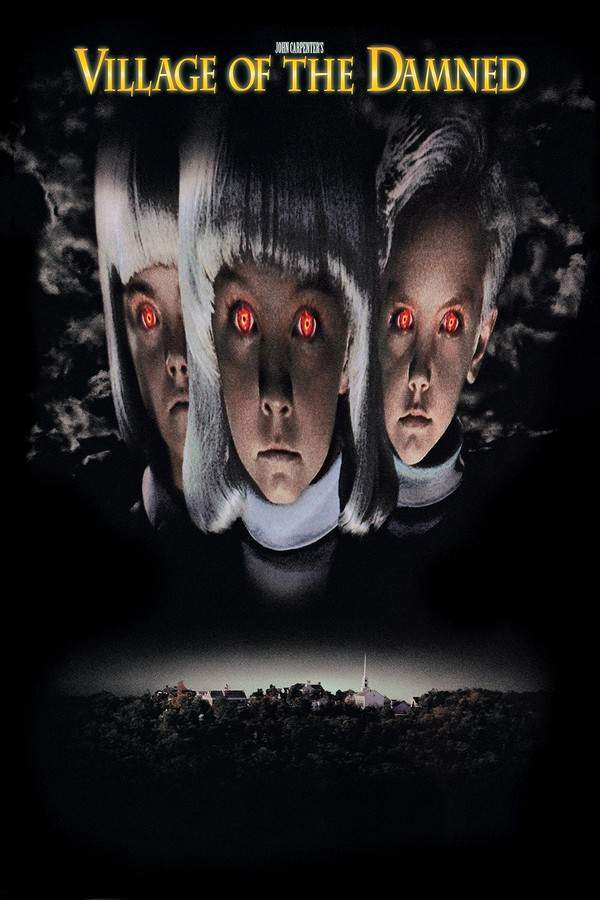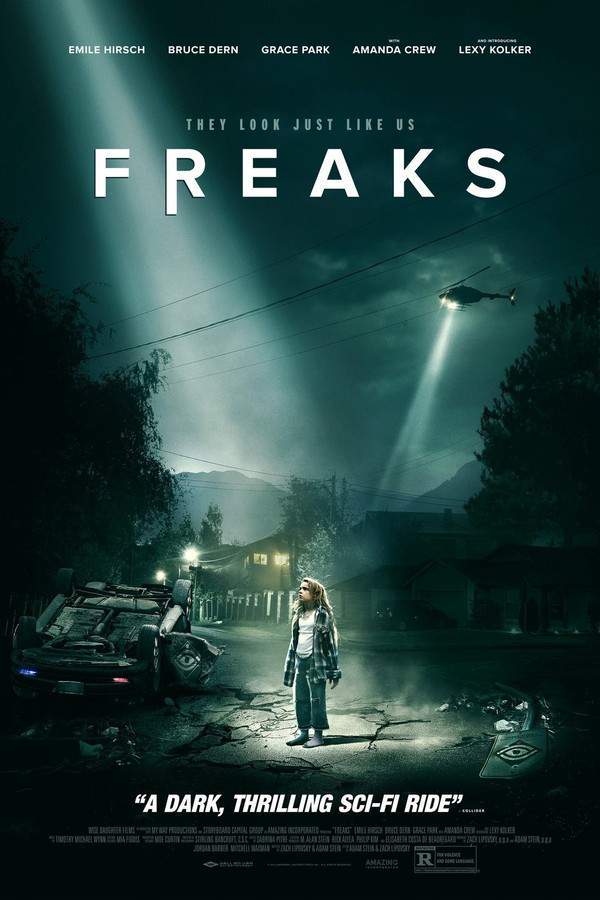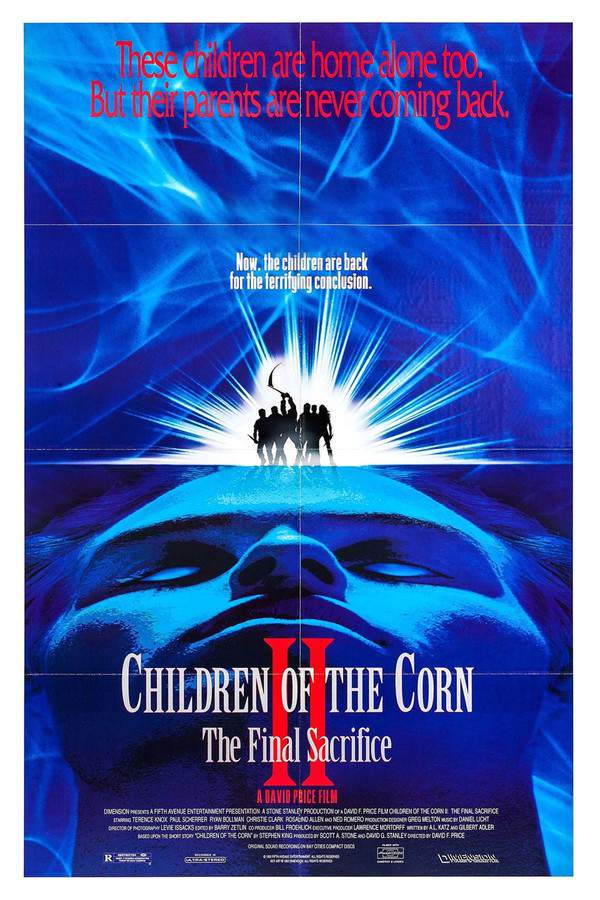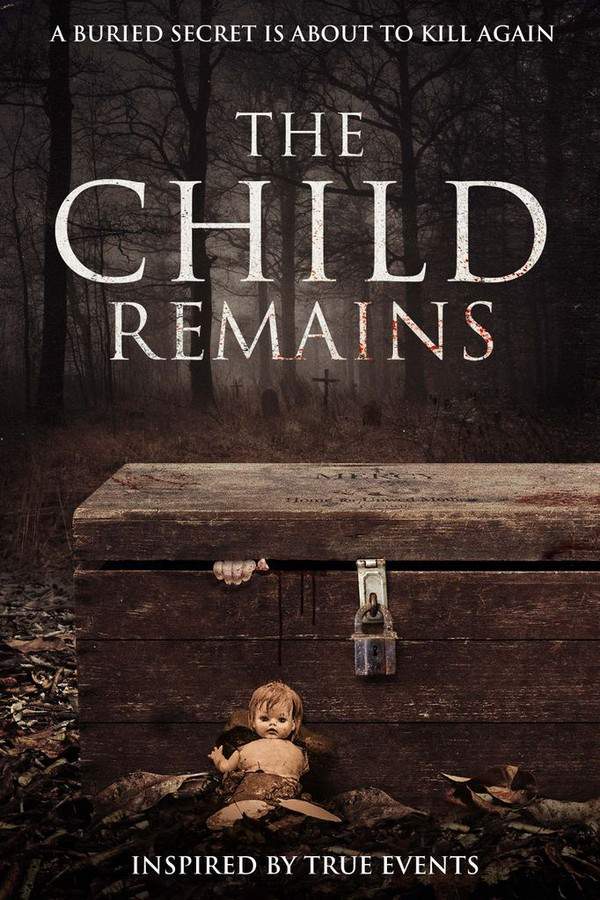Children of the Damned 1964
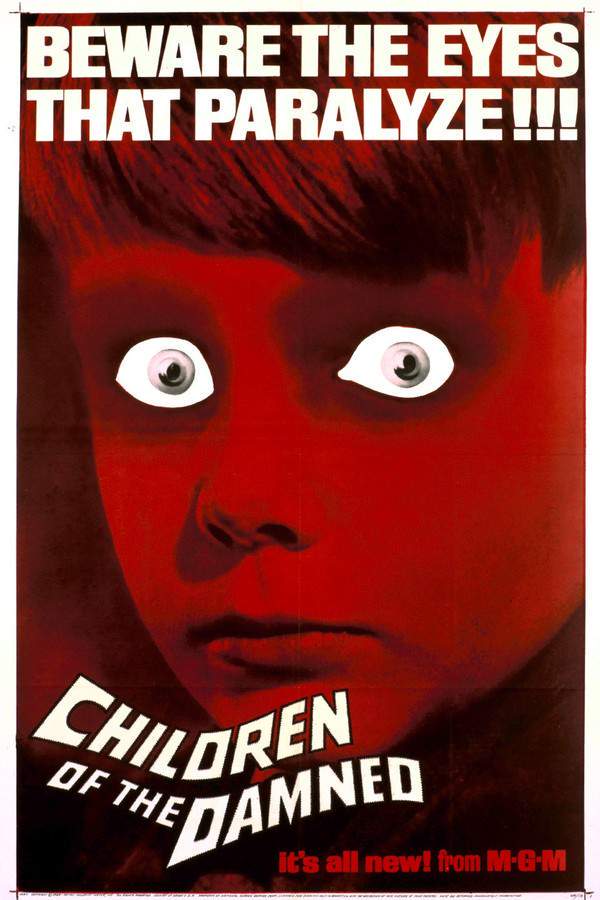
Six children, born without fathers and displaying remarkable intelligence, are gathered at an old London church following a worldwide survey. As their extraordinary abilities develop, a government agency considers eliminating them. Psychologist and Colonel Tom Lewellin believes in their potential and fights to protect the children from those who fear their powers, leading to a tense confrontation between science, fear, and the unknown.
Does Children of the Damned have end credit scenes?
No!
Children of the Damned does not have end credit scenes. You can leave when the credits roll.
Meet the Full Cast and Actors of Children of the Damned
Explore the complete cast of Children of the Damned, including both lead and supporting actors. Learn who plays each character, discover their past roles and achievements, and find out what makes this ensemble cast stand out in the world of film and television.
External Links and Streaming Options
Discover where to watch Children of the Damned online, including streaming platforms, rental options, and official sources. Compare reviews, ratings, and in-depth movie information across sites like IMDb, TMDb, Wikipedia or Rotten Tomatoes.
Ratings and Reviews for Children of the Damned
See how Children of the Damned is rated across major platforms like IMDb, Metacritic, and TMDb. Compare audience scores and critic reviews to understand where Children of the Damned stands among top-rated movies in its genre.

42
Metascore
tbd
User Score


73%
TOMATOMETER

40%
User Score

61
%
User Score
Take the Ultimate Children of the Damned Movie Quiz
Challenge your knowledge of Children of the Damned with this fun and interactive movie quiz. Test yourself on key plot points, iconic characters, hidden details, and memorable moments to see how well you really know the film.
Quiz on Children of the Damned (1964): Test your knowledge of the extraordinary events and characters in the classic sci-fi film Children of the Damned.
Who leads the investigation into the extraordinary children?
British psychologist Tom Lewellyn
Geneticist David Neville
UNESCO Director
Private Investigator
Show hint
Full Plot Summary and Ending Explained for Children of the Damned
Read the complete plot summary of Children of the Damned, including all major events, twists, and the full ending explained in detail. Explore key characters, themes, hidden meanings, and everything you need to understand the story from beginning to end.
In a revolutionary exploration, a team of UNESCO researchers uncovers six extraordinary children hailing from diverse parts of the globe - specifically China, India, Nigeria, the Soviet Union, the United States, and the United Kingdom. These remarkable youths possess cognitive abilities that seem to defy rational explanation. They demonstrate an uncanny ability to solve a complex puzzle made of bricks with striking uniformity.
Leading the investigation is British psychologist Tom Lewellyn alongside geneticist David Neville. Their attention is particularly drawn to Paul, a boy from London whose mysterious mother, Diana, nurtures a profound resentment towards him. Initially dismissed as mere hysteria, Diana’s claim of never having been touched by a man emerges as something far more serious.
As the researchers probe into the children’s extraordinary talents, they uncover an astonishing connection that binds them together: each child has grown up without a father figure. Furthermore, these gifted individuals exhibit a rare form of telepathy, enabling them to communicate with one another on a subconscious level.
The United Nations team gathers these six prodigies in London to undertake a thorough examination of their remarkable capabilities. However, as the children acclimatize to their new environment, they decide to break free from their assigned embassies, ultimately congregating in a dilapidated church in Southwark, London. In this forgotten sanctuary, they intermittently tap into Paul’s aunt’s mental energy to sustain themselves.
Simultaneously, a fierce debate unfolds within the British Army and Intelligence Services regarding the potential risks that these extraordinary children may pose to national security. It becomes increasingly evident that the children possess telekinetic abilities, enabling them to create an intricate device capable of harnessing sonic waves as a means of self-defense—a weapon that ultimately results in casualties among government officials and soldiers. Yet, it is clear that the children only wield their powers in response to threats against them.
As the tension escalates, Tom Lewellyn passionately implores the group to return to their embassies, a plea they reluctantly heed. However, this moment of peace is fleeting; the children retaliate against the embassy and military personnel before retreating once again to their sanctuary.
In a poignant discovery, Lewellyn’s team notes a stark difference between the blood cells of an ordinary person and those of one of the extraordinary children, leading to shocking speculations about their true nature. This revelation hints that these prodigious youngsters may not be of this world, presenting a grave challenge to humanity’s fundamental existence and igniting a complex moral quandary with implications that could last for generations.
As authorities endeavor to regain control over the extraordinary children, they are compelled to take desperate measures to preserve their own survival. This fraught standoff escalates toward a climactic showdown between the military and the enigmatic children. Amidst the chaos, one scientist advances a groundbreaking theory: the children’s alien nature may have been misinterpreted, and their blood might instead signify human DNA that has inexplicably evolved over a million years. The children themselves arrive at a profound realization—that their existence is wholly incompatible with humanity’s comparative primitiveness. Consequently, they prepare to lower their defenses and submit to fate.
However, the military commander experiences an epiphany and opts to withdraw the impending assault. Yet, fate takes a grim turn when an ordinary screwdriver—a basic tool of humanity—accidentally triggers a catastrophic chain of events, ultimately resulting in the destruction of the church and the tragic end of these extraordinary children.
Uncover the Details: Timeline, Characters, Themes, and Beyond!

Coming soon on iOS and Android
The Plot Explained Mobile App
From blockbusters to hidden gems — dive into movie stories anytime, anywhere. Save your favorites, discover plots faster, and never miss a twist again.
Sign up to be the first to know when we launch. Your email stays private — always.
Watch Trailers, Clips & Behind-the-Scenes for Children of the Damned
Watch official trailers, exclusive clips, cast interviews, and behind-the-scenes footage from Children of the Damned. Dive deeper into the making of the film, its standout moments, and key production insights.
Cars Featured in Children of the Damned
Explore all cars featured in Children of the Damned, including their makes, models, scenes they appear in, and their significance to the plot. A must-read for car enthusiasts and movie buffs alike.
Children of the Damned Themes and Keywords
Discover the central themes, ideas, and keywords that define the movie’s story, tone, and message. Analyze the film’s deeper meanings, genre influences, and recurring concepts.
Children of the Damned Other Names and Titles
Explore the various alternative titles, translations, and other names used for Children of the Damned across different regions and languages. Understand how the film is marketed and recognized worldwide.
Similar Movies To Children of the Damned You Should Know About
Browse a curated list of movies similar in genre, tone, characters, or story structure. Discover new titles like the one you're watching, perfect for fans of related plots, vibes, or cinematic styles.
Quick Links: Summary, Cast, Ratings, More

What's After the Movie?
Not sure whether to stay after the credits? Find out!
Explore Our Movie Platform
New Movie Releases (2026)
Famous Movie Actors
Top Film Production Studios
Movie Plot Summaries & Endings
Major Movie Awards & Winners
Best Concert Films & Music Documentaries
Movie Collections and Curated Lists
© 2026 What's After the Movie. All rights reserved.




